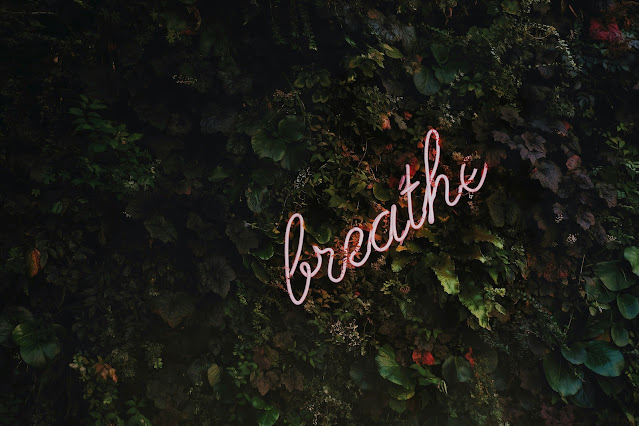Do you ever feel like your moods are on a rollercoaster? Is your energy totally unpredictable? Maybe you're struggling with sleep, breakouts, or feeling "off" in ways you can't explain. Guess what? Your hormones might be to blame!
Hormones are powerful messengers in your body. They control everything from your appetite to how you deal with stress. But sometimes, things get out of whack, and those messages get all mixed up. That's called hormone imbalance. The good news is, you don't have to just put up with it! There are ways to take back control.
Here’s how:
Recognizing the Signs
Hormone imbalances can mess with your body in all sorts of ways. Here's a list of common symptoms to look out for:
● Energy Ups and Downs
● Mood Swings
● Weight Changes
● Brain Fog
● Changes in Your Period
● Skin and Hair Woes
● Digestive Troubles
Remember, these symptoms can vary from person to person. You might experience one or several of them, and they can range from mild to more severe. If you're noticing these signs regularly and they're interfering with your daily life, it might be time to consult with a healthcare provider. They can help figure out what's going on and recommend the best course of action.
Hormone Replacement Therapy
Hormone Replacement Therapy, or HRT, is a treatment used to balance hormones in your body. In simple words, if your body isn't making enough of a certain hormone, this therapy can replace or boost those levels. It’s like giving your body the extra help it needs to keep everything running smoothly.
One interesting method of HRT involves using hormone pellets. In fact, professionals who offer hormone therapy at Yunique Medical state that this method is effective because these pellets release hormones slowly into your body. This can help keep your hormone levels more steady compared to other methods that might cause ups and downs in hormone levels.
If you’re thinking about trying HRT, it's really important to talk with a healthcare provider. They can tell you about the different types of HRT and help you decide if it’s right for you.
Lifestyle Changes for Hormonal Health
Making a few key changes in your daily life can greatly improve your hormonal balance. Let's explore how these changes can help keep your hormones in check.
Diet
Diet plays a big role in how your hormones behave. They are the messengers in your body that help keep everything in balance. Foods that are high in sugar or unhealthy fats can mess up these messages. Conversely, eating balanced meals gives your body the nutrients it needs to send the right signals and keep things working properly.
So, what should you eat? Include foods rich in omega-3 fatty acids, like salmon and flaxseeds, which are great for hormonal health. Vegetables, especially leafy greens like spinach and kale, also support hormone balance.
At the same time, try to avoid too much sugar and processed foods. These can cause spikes and drops in your hormone levels, leading to mood swings and energy crashes.
Exercise
Exercise plays a big role in keeping your hormones happy and healthy. But you might wonder, what kinds of exercises are best for that? Let's break it down.
● Cardio Workouts - When you do cardio, your body releases endorphins, which are like natural mood boosters. Plus, it helps regulate cortisol, the stress hormone.
● Strength Training - Strength training helps build muscle, and more muscle means your body can manage insulin better. Insulin is important for regulating blood sugar levels.
● Yoga and Pilates - These exercises are great for reducing stress and calming your nervous system. Plus, certain yoga poses can specifically target hormone glands, like the thyroid or adrenal glands.
● Mindful Movement - Think of activities like tai chi or qigong, which combine gentle movements with mindfulness and breathing exercises. They're fantastic for reducing stress and promoting overall well-being.
So, there you have it! Mixing up these types of exercises can really help keep your hormones in check and your body feeling its best.
Sleep
Sleep isn't just about resting your body after a long day. It plays a big role in keeping your hormones in check. But how, you ask? When you sleep, your body gets busy doing a lot of important stuff behind the scenes. One of these things is regulating your hormones.
Here's how it works: Your body has a bunch of hormones that control things like hunger, stress, and growth. When you don't get enough sleep, these hormones can get out of whack. So, if you ever felt super hungry after a bad night's sleep? Blame it on your hormones.
Conclusion
Now that you've learned about managing hormone imbalance, it's time to take action. Taking control of your body isn't always easy, but it's worth it. You deserve to feel your best and live your life to the fullest. So, don't be afraid to make changes and prioritize your health. You've got this!

